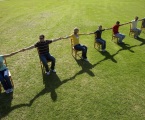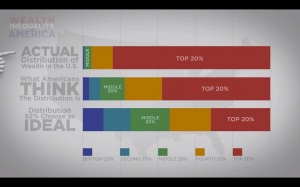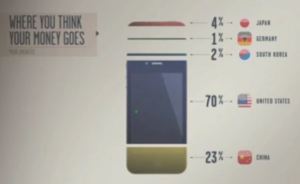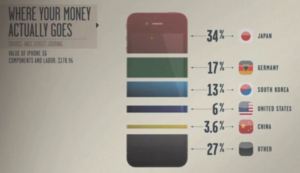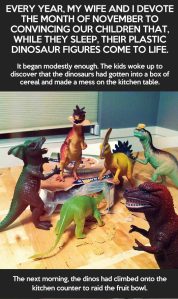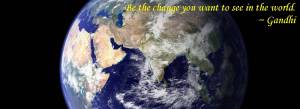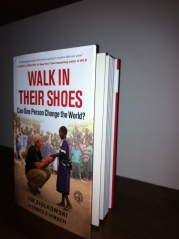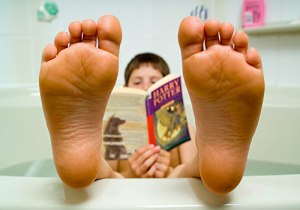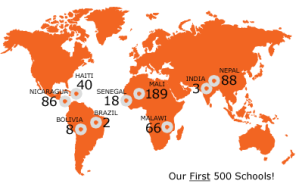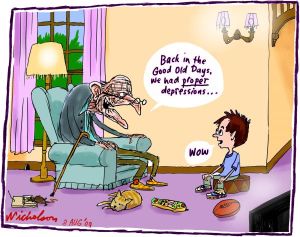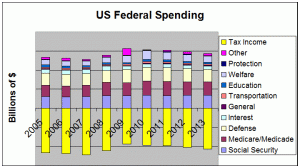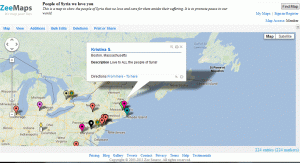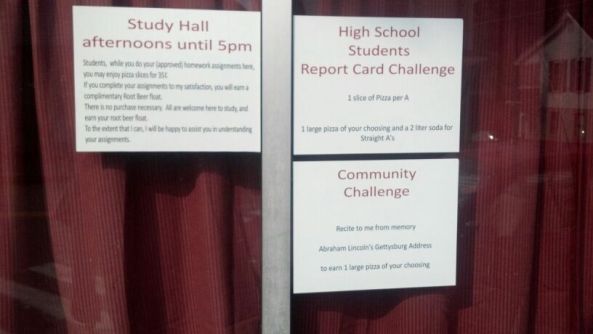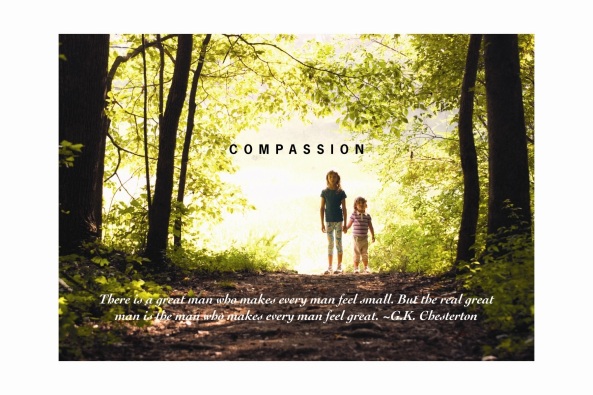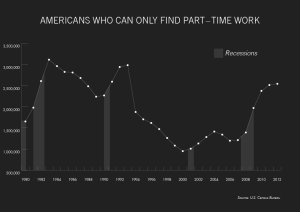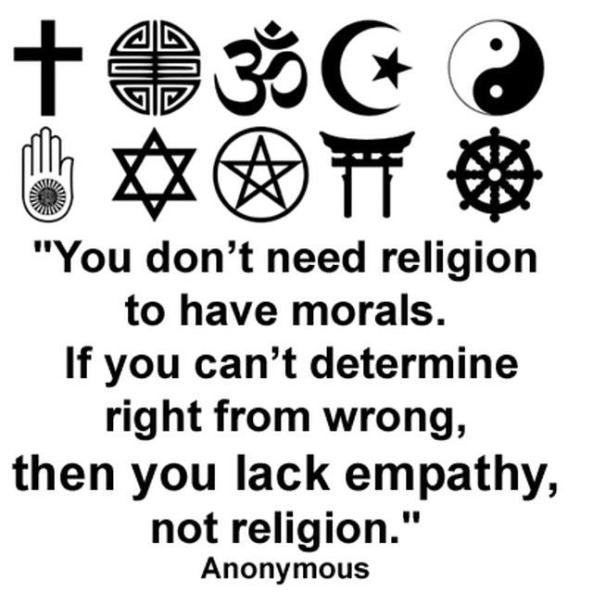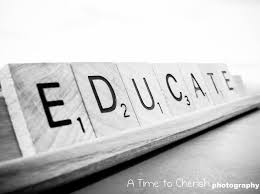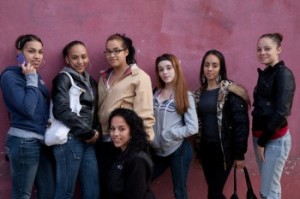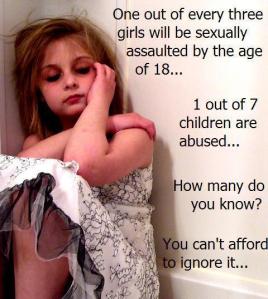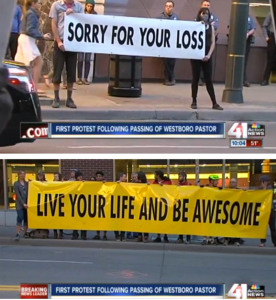
Eva Mendes with the children in Sierra Leone
For a Psychology assignment, I have reviewed posts with the Tag Compassion and summarized my favorites here. I do not include posts relating to animal cruelty, if you want your heart broken too, you’ll have to do that research on your own. Next week, I think I’ll look for a less popular Tag to review. One of my classmates also wrote about their day of compassion.
A Window of Wisdom put words to my thoughts before I was able to. I’m so glad to have found this quote reminding us that we must be careful not to judge people by the image they want us to believe. I ‘liked’ this post.
Whasenk teaches us about Compassion Meditation and gives some research on the study of compassionate behavior. “If you want to make others happy, practice compassion. If you want to be happy, practice compassion.” Dalai Lama There is no ‘like’ function for this blog. Through the Vortex gets us wondering if acts of compassion can have a neurological change to our brains. Abigail talks about her view of living compassionately, and the profound effect it can have on ourselves. I ‘liked’ this post.
siahpetermann challenges us to find someone we can show love to, just like my assignment.
Japanese Words of Wisdom explains Japanese proverbs and includes some experiences of why the proverb has personal meaning. I really like the hands on application of the proverbs to real life. This particular entry is about sharing life and travels with a companion. I’m now following this blog.
So I’m an introvert! Philosophical Diva explains one way to determine if you are an introvert, and that understanding leads her to think about the larger community we’re a part of. I ‘liked’ this post.
fury’sfrenzy creates a compassionate bucket list.
Patrick points out that we easily find fault with others and should be more compassionate to their point of view, similar to the justifications we provide in defense of our own behavior.
So This Is Now warns us, the video posted “How to make stress your friend” will change your life if watched. I can confirm this is true, and you’ll how it relates to compassion around 12 minutes into the video. Don’t miss the extra bit after the first applause.
Definition
Princess Deficit shares her personal experience with learning to be compassionate, inadvertently giving a pretty good definition of compassion.
Work Collaboratively talks about nonviolent communication and how we might apply it to our every day lives. I think this post nicely summarizes one of the social challenges we have today, western society has moved beyond violence as a means of reforming behavior. Now we’re challenged by how to apply that new understanding to our foreign policy with Syria. I’m now following this blog.
The Wren Project discusses forgiveness from many points of view and many different religions, which leaves us wondering, is forgiveness necessary to be compassionate?
Octopus Dance gives an important point of compassion that is often overlooked. By sharing our difficulties with others, and making them feel as if they are not alone in their experiences, this can improve relationships.
Rose with Thorns writes a moving recount of her struggle with an eating disorder and autism/aspergers, but she teaches us how Comparison kills our ability to be Compassionate, and if we’re conscious to maintain compassion we might eliminate the comparisons.
Bible Study brings up a good point, how does Compassion differ from Sympathy? How does a Jewish point of view differ, read For the Love of Small Things.
Mark Block tells of the shorted bible verse “Jesus wept.” Reminding us that being emotional is part of being compassionate. Maybe some of you can have one without the other.
Helping those who Suffer
Who would have thought that reading about a person’s battle with a brain tumor could be so beautiful. Grey Matter Life writes this post in gratitude for the compassion of the MRI technician which helps bring strength to their dreadful battle with the tumor.
Nexus pays homage to Jane Addams, referred to as the “mother of social service.”
Charlie writes a detailed description of the benefits we might experience when incorporating compassion in to our daily lives. One of the quotes convinced me to re-blog this post: “A little kindness from person to person is better than a vast love for all humankind.”
Through personal experience with ICU patients, Reflective Nursing shares how being compassionate may be as simple as listening to others and making sure they feel listened to.
Dennis Cardiff writes about meeting a homeless woman on the street, getting to know her story, and sharing a coffee and sandwich. He also writes the every-day stories of his homeless community on the blog Gotta Find a Home
Be Understanding
Eve Livingston writes a detailed post describing one act of compassion towards people who are hoarders.
The Fuerst Shall be Last writes about this TV show Breaking Bad and how it’s shown insight into the lives of drug dealers and violent criminals, inciting compassion for the way real people make decisions between right and wrong.
Be Grateful
Heidi reminds us to be grateful for the wonderful life we are enjoying.
Untamed Slave writes a lengthy list of what they are grateful for. I ‘liked’ this post.
Love Yourself and Take Care of Yourself
Banana Map and Indigo Voice 82 share a quote from the Dalai Lama on the importance of self-compassion, while Path Write quotes the Dalai Lama’s message that compassion is the key to a happier world.
Rebecca writes about learning from our mistakes and forgiving ourselves. This is a reoccurring lesson for me. The idea that failure is not bad, it’s a learning opportunity. She goes on to give suggested meditations for healing these types of wounds. And Jeannie has an unexpected healing and finds ways to meditate during routine chores. I agree, how can we hurry through life’s experiences and expect to sit quietly meditating to calm our overactive minds?
This VasqueszBlog courageously writes about recovering from Bulimia. This post is another reminder to take care of ourselves and talks about the guilt and shame that might be prevent us from forgiving ourselves.
Inspired Woman Us gives a compelling reason for self-compassion. Each day presents many instances of degradation, it could be helpful to balance this out with acts of self-compassion.
Sober Boots descries how self-compassion is affecting her mood and life and how she believes God’s compassion has given her the courage to practice self-compassion. Beauty in the Design also finds solace in God’s continual compassion.
Helping Those In Need
Loitering with Content quotes Dr. Martin Luther King Jr. “True compassion is more than flinging a coin to a beggar; it is not haphazard and superficial. It comes to see that an edifice that produces beggars needs restructuring.”
Words that Serve is documenting compassion in action. This post documents the 16th week of performing good deeds for others, and the good deeds received from others. What I love about this post, is the importance of recognizing compassion from others. Although it’s most important to share compassion, the benefits are maximized when the recipient is consciously aware of receiving it. This act of tracking your good deeds reminds me of the 29 Gifts experience which is documented in a book and a website. I ‘liked’ this post.
This Hoosier Fan recaps a story showing us how people have such individual needs, and sometimes the most compassionate act can be a little unusual. Just a Thought relays a bible story where Jesus provides the healing compassion needed most by an ill woman. Paulette Motzko recounts an opportunity to help someone in need get a decent lunch.
Eavesdropping on Conversations shares a story of compassion for school teachers and how one person with a good idea must take it upon themselves to baking cookies in support of these teachers. I ‘liked’ this post.
Mymoena gives us an Islamic poem about life and helping each other.
Paper Gifts for Stefany describes the Barton family who lost their home in a fire, losing everything they had. So they moved to the poorest country in the world to help Ugandan’s make a better life for themselves.
The Kindness Blog writes how a shoeshiner becomes a hero by donating $200 k in tips to a children’s hospital. I am already following this blog.
Tracy and Drew shows how you might find just the right dose of compassion in the most unlikely place.
Giving Gratefully highlights the work of the work of a group Compassion, which a is Christian organization sponsoring children around the world. This post links to several other authors who have written a letter to their younger self, written in response to a suggestion by the Compassion Blog.
karios catcher is also a supporter of the Compassion group, and write about the Kenyan girl she is sponsoring. It’s funny how when we do something for others, it has such a profound effect on ourselves.
Sawyer Products shows photos from distributing water filters in Togo, Africa. This groups works with the families support by Compassion.
H. Arnett reminds us that we often become desensitized, calloused in our hearts, to the needs of others and the impact we might have.
Love
shunyata has an Islamic poem about love.
You might also fall in love, just a little, with Tony’s partner after reading this poem.
Just like You and Me describes what’s it’s like to have three 30 something friends battling cancer, and a reminder that we can’t control everything in life. I ‘liked’ this post.
Compassion Summary
There is a lot of encouragement to be compassionate and love each other, like this post from A Crazy Lady. I did find a few people reporting how they have shared compassion with others, including this teacher who took her 3rd grade class to Uganda. Some believe that Practical Compassion are any act of avoiding harm to other people, animals, or the environment, which leads to my final inquiry. This 22 minute video gives a lengthy description of what it means to live compassionately.
Is Compassion an Act or a Point of View? I think compassion is the act of easing someone’s suffering weather is be loneliness, hunger, discrimination … now to create my day of compassion.
 I agree with child labor laws to prevent us from working our children, but now we also seem to limit their contributions around the house. As kids help less and less around the house, parents now have to work more to fill in that deficit. And now that the kids are bored, without a sense of purpose, we have to create positive activities and parents rush around to get their kids to soccer practice on Monday night, Scouts meetings on Tuesday, the Math Tutor on Wednesday, a soccer fundraiser on Thursday, and Joey’s house on Friday night.
I agree with child labor laws to prevent us from working our children, but now we also seem to limit their contributions around the house. As kids help less and less around the house, parents now have to work more to fill in that deficit. And now that the kids are bored, without a sense of purpose, we have to create positive activities and parents rush around to get their kids to soccer practice on Monday night, Scouts meetings on Tuesday, the Math Tutor on Wednesday, a soccer fundraiser on Thursday, and Joey’s house on Friday night.